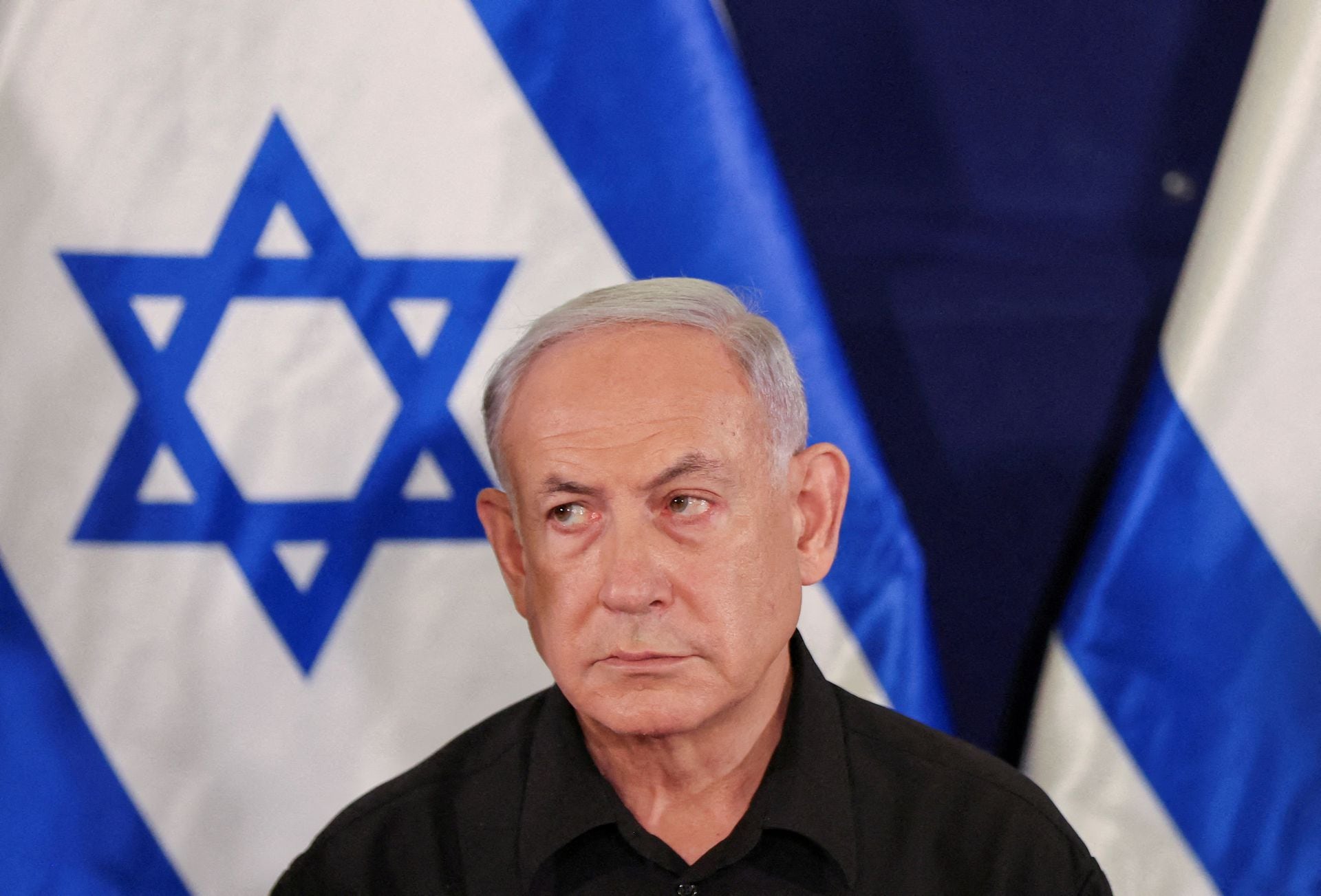Israeli Prime Minister Benjamin Netanyahu has unveiled his administration’s inaugural post-Gaza war plan, marking a significant step in the nation’s efforts to address the aftermath of the recent conflict. The unveiling of the plan comes at a crucial juncture, as Israel grapples with the complex challenges posed by the Gaza conflict and seeks to chart a course for long-term stability in the region.
The plan outlined by Netanyahu encompasses a range of strategic initiatives aimed at addressing both the immediate humanitarian needs of the affected population and the underlying security concerns that have fueled the cycle of violence in Gaza. Key components of the plan include measures to rebuild and rehabilitate the infrastructure in Gaza, provide humanitarian assistance to civilians affected by the conflict, and bolster Israel’s security capabilities to prevent future escalations.

SOURCE:- INDIA TODAY
One of the central pillars of the plan is the allocation of resources for the reconstruction of Gaza’s infrastructure, which has been severely damaged by years of conflict and neglect. The plan includes funding for the repair and reconstruction of homes, schools, hospitals, and other essential facilities, with the aim of improving living conditions for the residents of Gaza and laying the groundwork for long-term development and prosperity in the region.
SOURCE:- HINDUSTAN TIMES
In addition to addressing the immediate humanitarian needs of the population, the plan also prioritizes efforts to enhance Israel’s security posture in the wake of the Gaza conflict. This includes measures to strengthen Israel’s defenses against rocket attacks and other security threats emanating from Gaza, as well as initiatives to enhance cooperation with regional partners and allies in the fight against terrorism and extremism.
The unveiling of Netanyahu’s post-Gaza war plan comes amid ongoing efforts by the international community to broker a lasting ceasefire and facilitate the resumption of peace talks between Israel and the Palestinians. While the plan represents a significant step forward in Israel’s efforts to address the challenges posed by the Gaza conflict, it is likely to face significant scrutiny and opposition from various quarters, both domestically and internationally.
Critics of the plan are likely to raise concerns about its feasibility, implementation, and potential impact on the broader dynamics of the Israeli-Palestinian conflict. Moreover, the plan is likely to face opposition from hardline elements within Israel’s political establishment who are skeptical of any concessions to the Palestinians and advocate for a more aggressive approach to security issues in Gaza.
In conclusion, Netanyahu’s unveiling of his administration’s first post-Gaza war plan represents a significant milestone in Israel’s efforts to address the aftermath of the recent conflict. However, the success of the plan will ultimately depend on its ability to effectively address the complex challenges posed by the Gaza conflict and garner support from both domestic and international stakeholders.
Share your views in the comments

